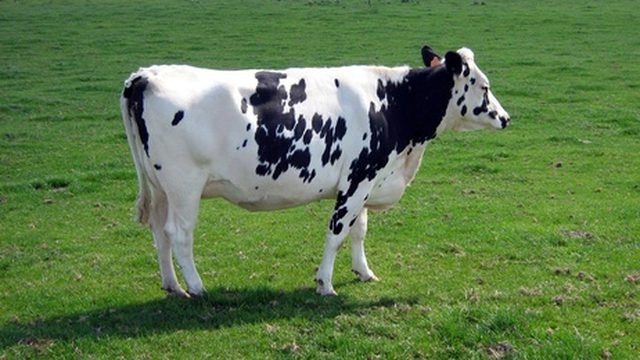Bulbs
Flower Basics
Flower Beds & Specialty Gardens
Flower Garden
Garden Furniture
Garden Gnomes
Garden Seeds
Garden Sheds
Garden Statues
Garden Tools & Supplies
Gardening Basics
Green & Organic
Groundcovers & Vines
Growing Annuals
Growing Basil
Growing Beans
Growing Berries
Growing Blueberries
Growing Cactus
Growing Corn
Growing Cotton
Growing Edibles
Growing Flowers
Growing Garlic
Growing Grapes
Growing Grass
Growing Herbs
Growing Jasmine
Growing Mint
Growing Mushrooms
Orchids
Growing Peanuts
Growing Perennials
Growing Plants
Growing Rosemary
Growing Roses
Growing Strawberries
Growing Sunflowers
Growing Thyme
Growing Tomatoes
Growing Tulips
Growing Vegetables
Herb Basics
Herb Garden
Indoor Growing
Landscaping Basics
Landscaping Patios
Landscaping Plants
Landscaping Shrubs
Landscaping Trees
Landscaping Walks & Pathways
Lawn Basics
Lawn Maintenance
Lawn Mowers
Lawn Ornaments
Lawn Planting
Lawn Tools
Outdoor Growing
Overall Landscape Planning
Pests, Weeds & Problems
Plant Basics
Rock Garden
Rose Garden
Shrubs
Soil
Specialty Gardens
Trees
Vegetable Garden
Yard Maintenance
How to Make Liquid Organic Fertilizer for Vegetable Gardens
How to Make Liquid Organic Fertilizer for Vegetable Gardens. One benefit of making your own organic liquid fertilizer is the speed in which these nutrients are delivered to the vegetables. Regular organic compost materials, such as aged manure or eggshells, take longer to break down into the soil and reach the plants. Organic liquid fertilizer...

One benefit of making your own organic liquid fertilizer is the speed in which these nutrients are delivered to the vegetables. Regular organic compost materials, such as aged manure or eggshells, take longer to break down into the soil and reach the plants. Organic liquid fertilizer helps aid in the soil's production of essential microorganisms which result in healthier and stronger vegetable plants.
Things You'll Need
Large bucket
Manure
Burlap bag
Garden string or twine
Long pole or broom handle
Thin rope
Pillowcase
Fill a large bucket 3/4 full with water. Let sit overnight to eliminate any chlorine if using regular tap water. Depending on the size of the vegetable garden crop, a 35- or 44-gallon trash bin with attached lid could also be used. The lid will help smells stay in and keep mosquitoes out.
Fill the burlap bag with fresh or decayed cow manure. The ratio of manure to water should roughly be about one-tenth to the amount of water used in the bucket or trash bin. Tie the bag securely closed with common garden string or twine.
Lay a pole or broom handle over the top of the bucket so that it rests horizontally on top. Tie the manure-filled burlap bag to the pole with thin rope or twine so that it hangs into the water. The manure bag should rest in the water for up to three weeks. Smaller buckets should be ready in one to two weeks, but give bigger containers more time to steep.
Add more water as needed if evaporation has dropped the level of water. If the bucket used does not have a lid, place in a location where the rotting manure smells will not be offensive. Aerate the mixture daily by grabbing the manure bag and vigorously "dunk" it up and down like you would a bag of tea. This daily agitation helps produce a higher quality mixture and speeds up the soaking process.
Dilute the manure "tea". For every four parts water, use one part of the manure concentrate. Strain the liquid fertilizer through an old, clean pillowcase to eliminate any stray particles that may have come out through the burlap manure bag. Use a watering can to spray the organic liquid fertilizer on all of your vegetable plants at least once a week. The spray can also be applied directly to the soil at ground level.
Dispose of the manure in the burlap bag by digging it into the ground or throwing it into the garden compost pile.